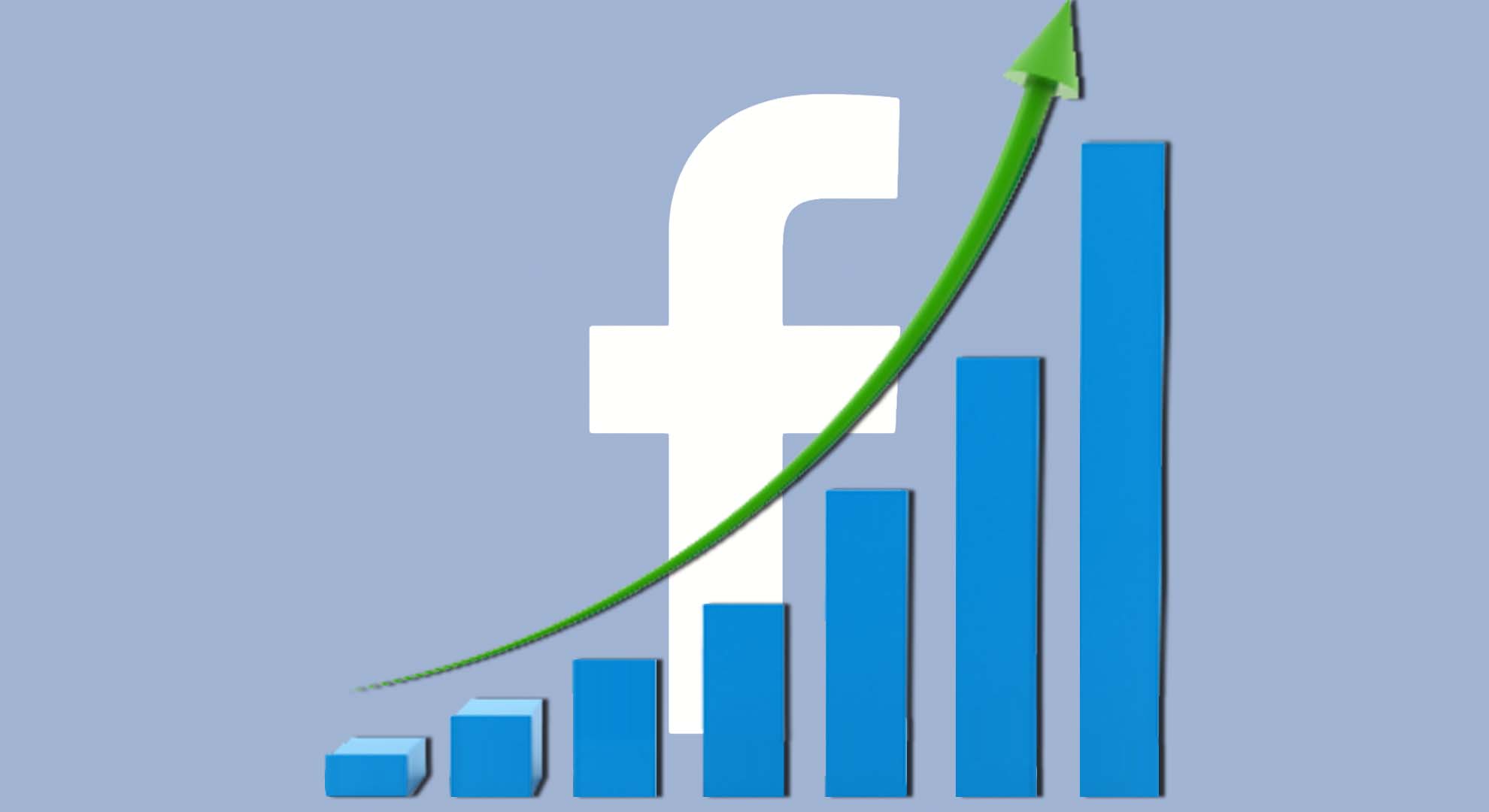Facebook has come up with another backlash after the report published by the Wall Street Journal that reveals how the social network is working with the banks. Elisabeth Diana, Facebook’s spokesperson told that it is not asking for credit card transaction data from the banks and not interested in developing a banking feature where you could interact with your accounts. It also says that it works with the banks, not with the intention to gather data in order to enhance ad targeting or tailor content like which marketplace products you see based on what you buy elsewhere.
Facebook instead allows Citibank customers in Singapore to connect their account in order to ping their bank’s messenger chatbot to inquire about balance, get customer services or report fraud. The chatbots have no humans on the backend to limit privacy risks. Facebook works with PayPal in more than 40 countries to allow users to get their receipts through messenger for their purchases.
With the rise of partnerships with financial service providers could enhance the usage of the messenger by increasing its accessibility. It will help centralize utility similar to China’s WeChat. However, Facebook’s present relationships with banks are not likely to produce a sheer change in the ad targeting power that guarantees the substantial improvement of its prospect earning.
Diana told TechCrunch that the recent Wall Street Journal story is perceived incorrectly i.e. asking financial services companies for financial data transaction. It is not true. Just like any other online companies operating commerce businesses, we partner with credit card companies and banks to offer services like account management or customer chat. Account linking enables people to receive real-time notifications about account balances, shipping updates, and receipts. The idea of messaging with the bank is only to avoid any hold over the phone. We are not using the information apart from offering these types of experience, not for advertising or any other purpose. The vital part of these partnerships is keeping users information secure and safe.
Diana says that credit card companies and banks have also collaborated for potential partnerships. She said that any feature that comes from those conversations would be opt-in and not take part behind users’ backs.
The interest of Facebook dealing with banks comes at a point where they are facing a tough time and poor track record with privacy and data handling following the Cambridge Analytica Scandal. However, Facebook should back off from anything that involves sensitive data until Cambridge Analytica scandal comes to halt.







